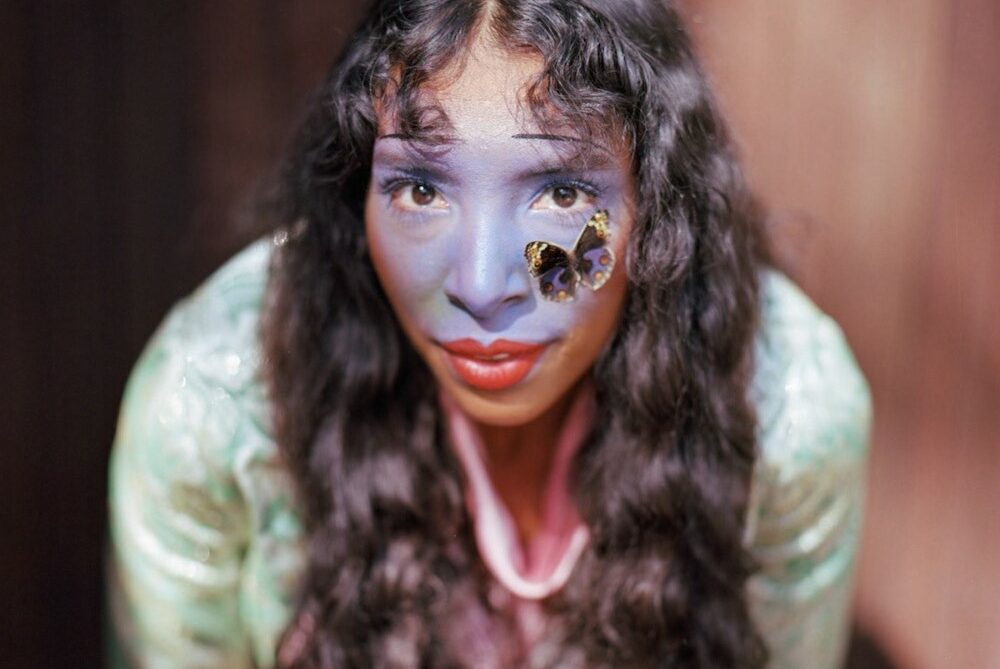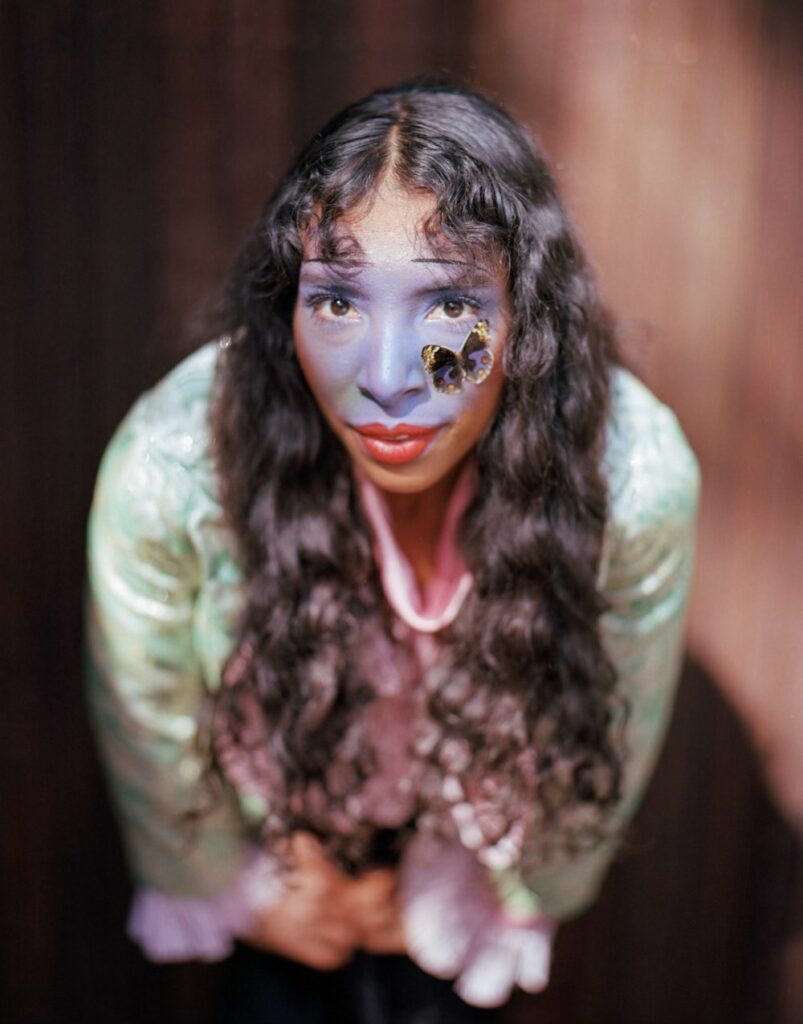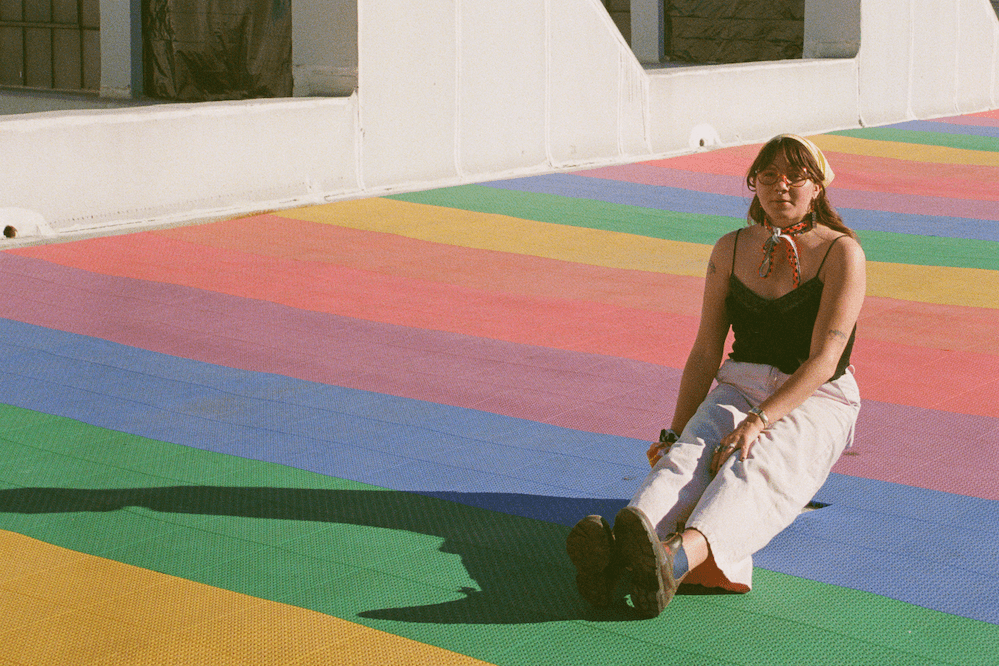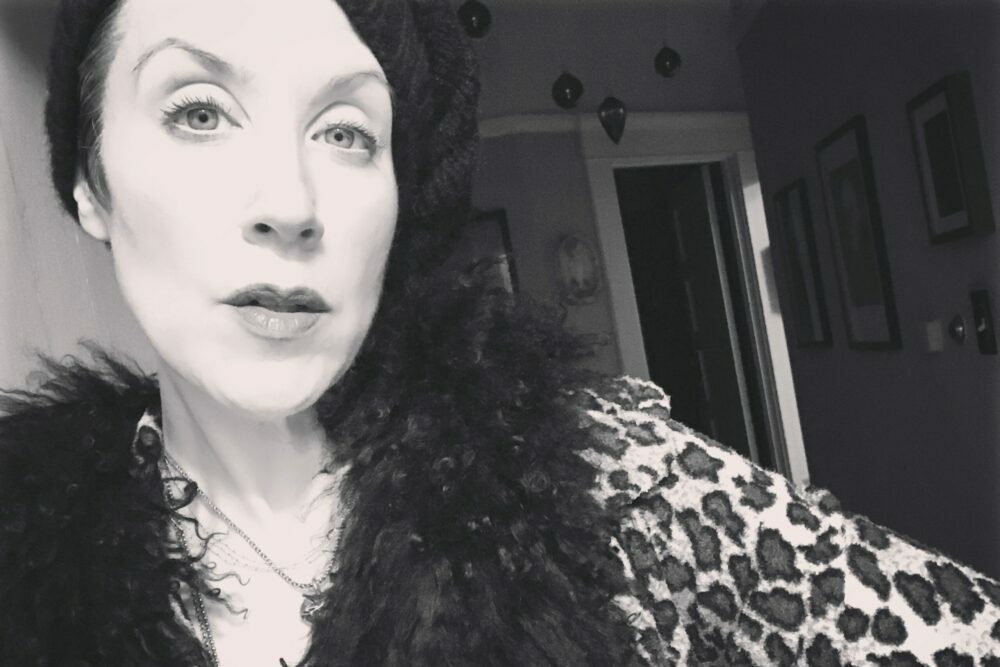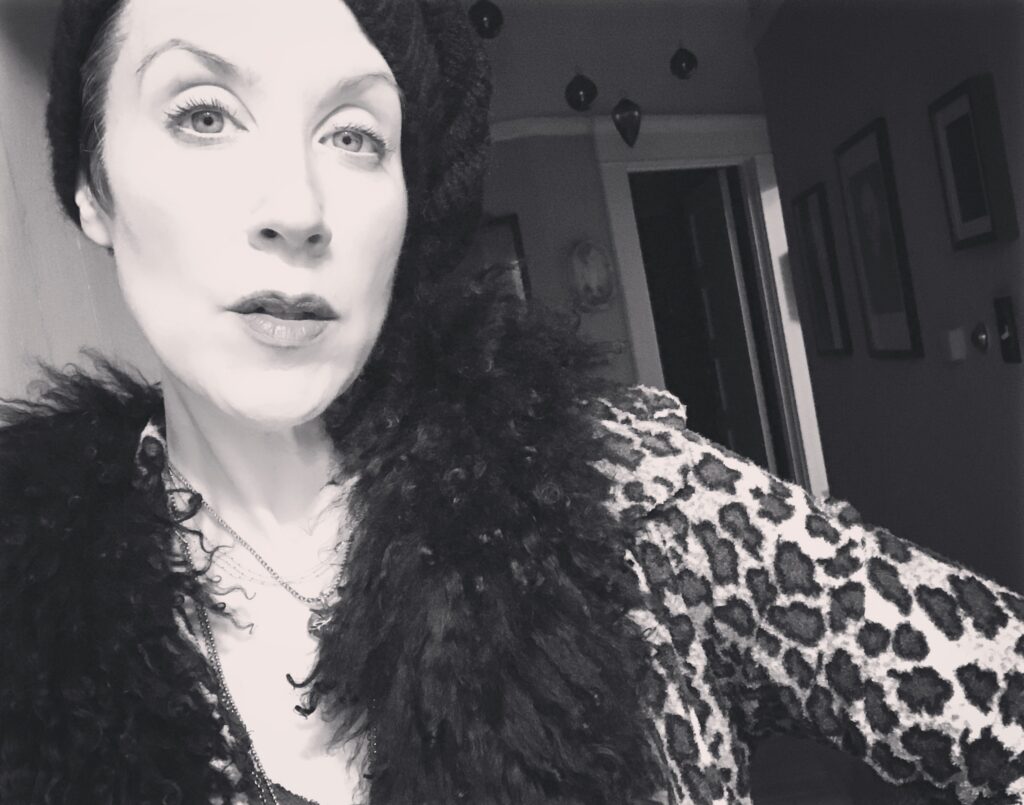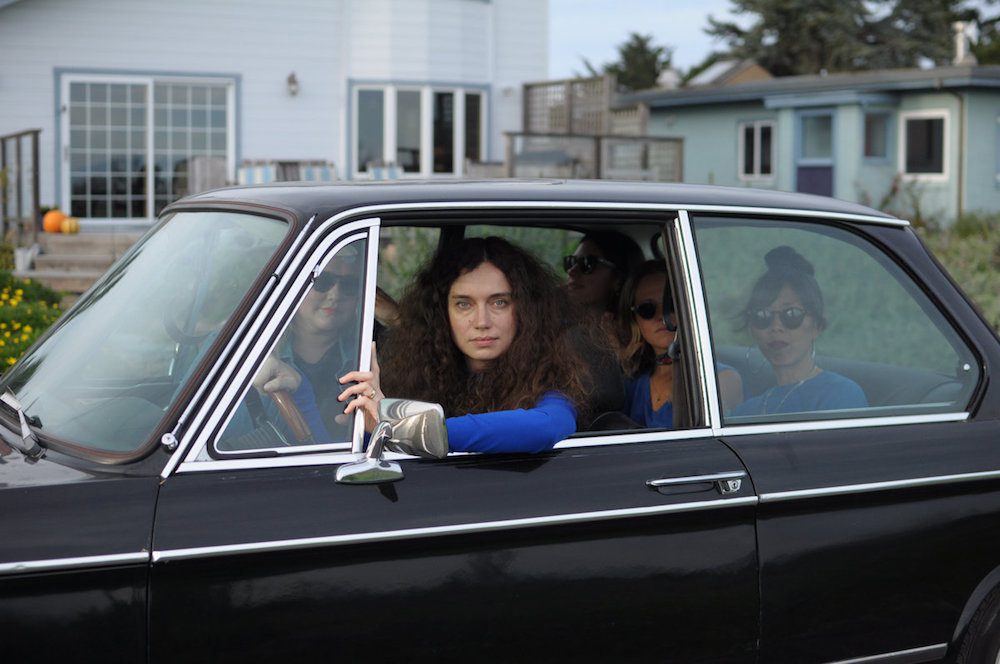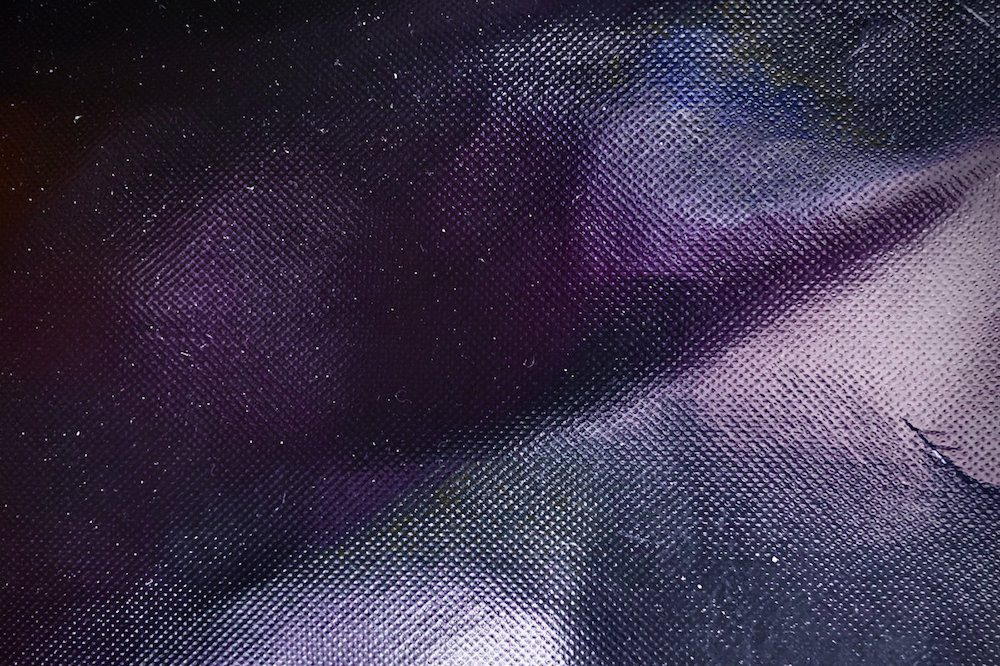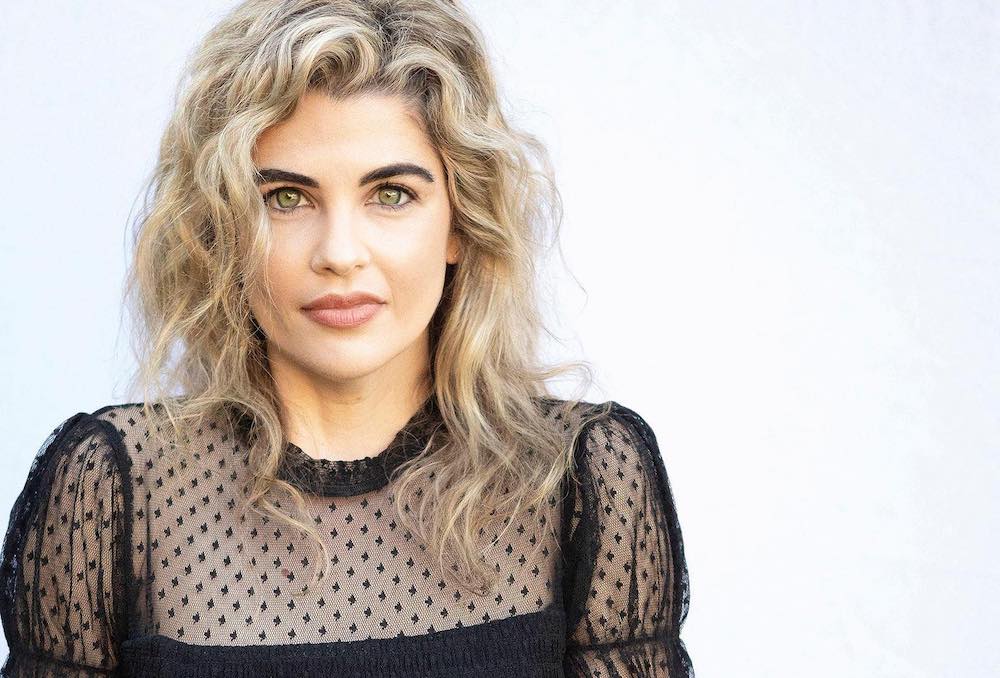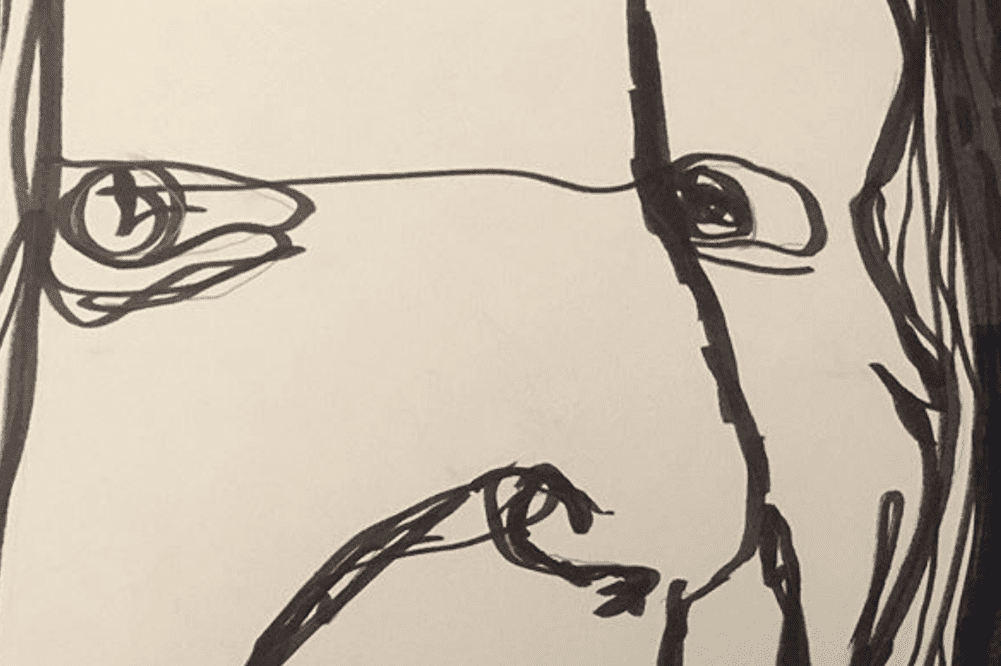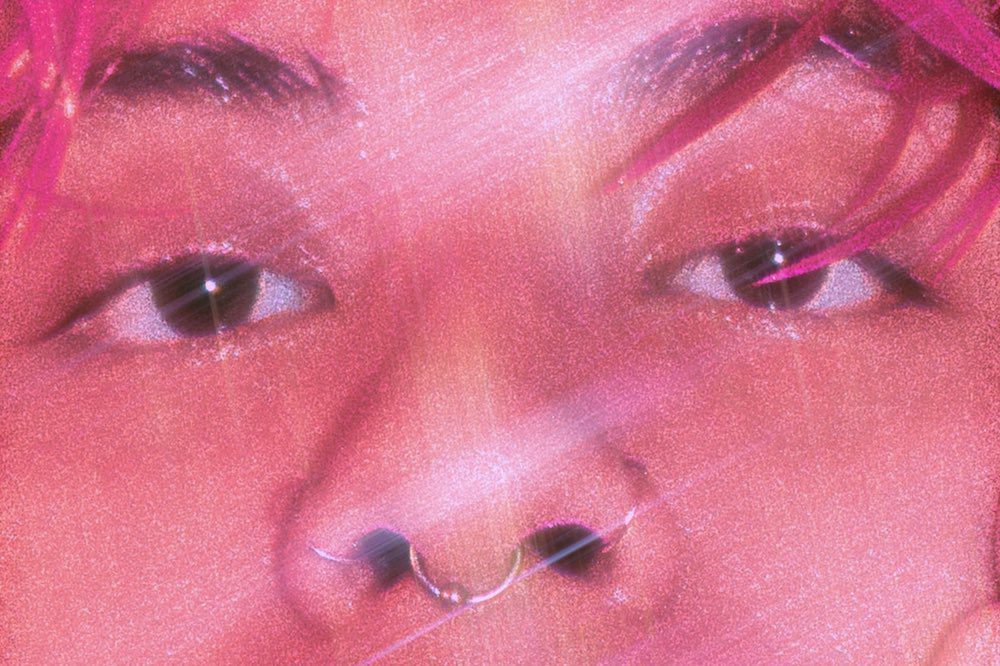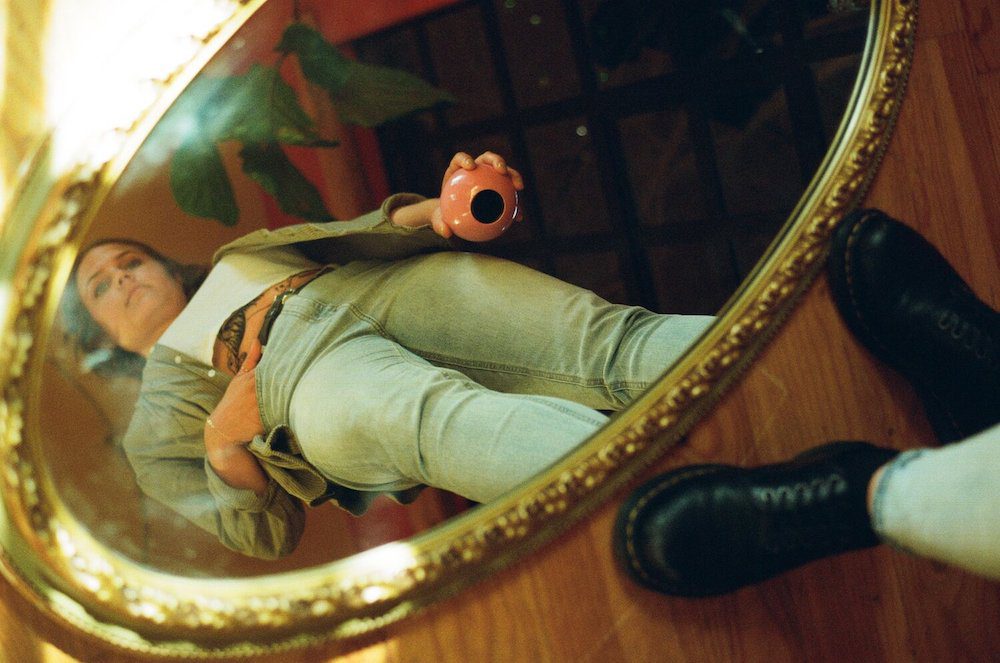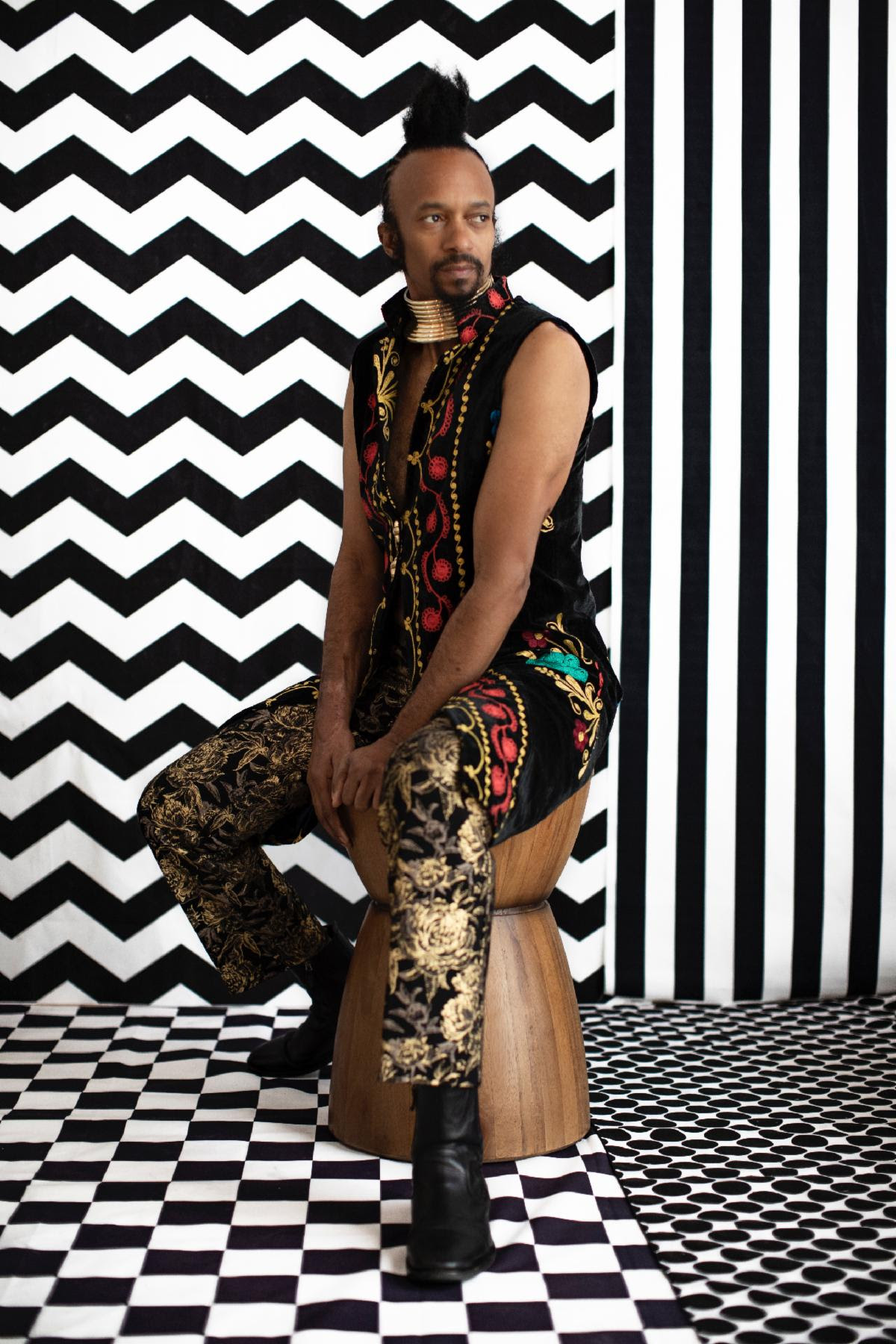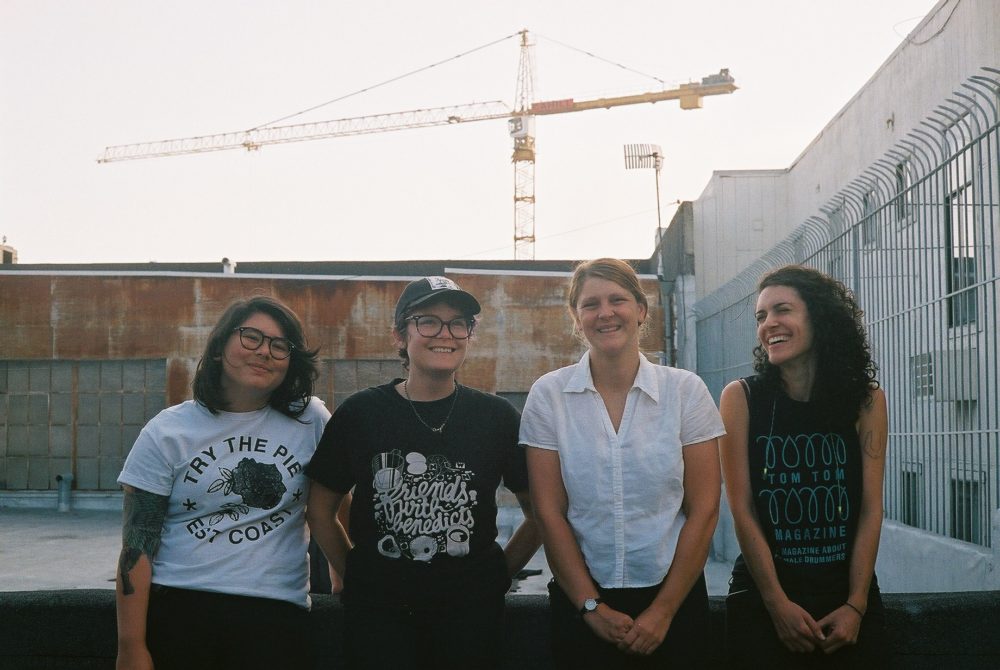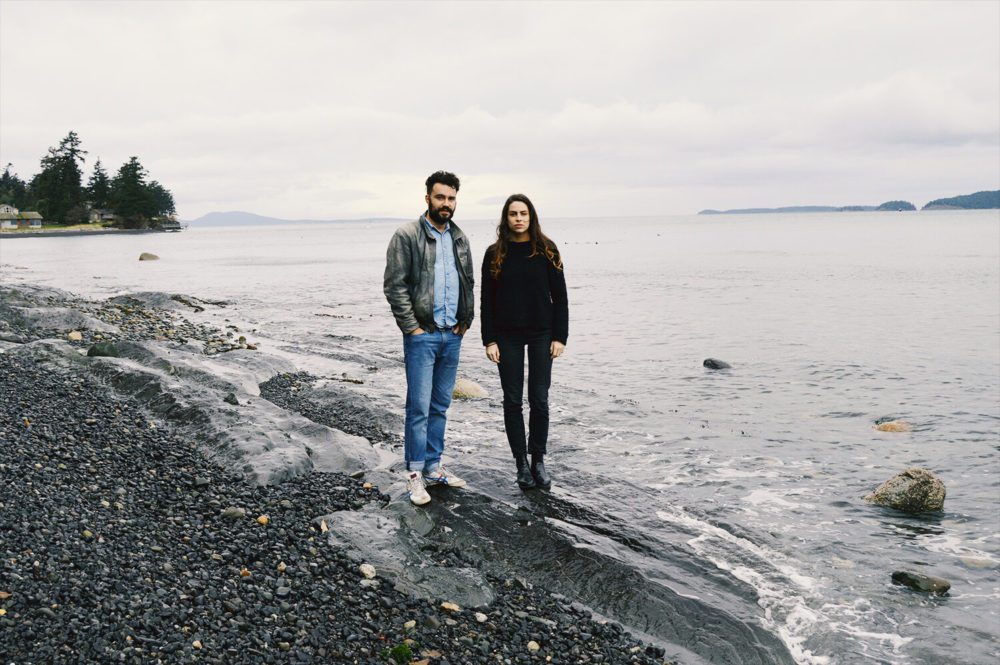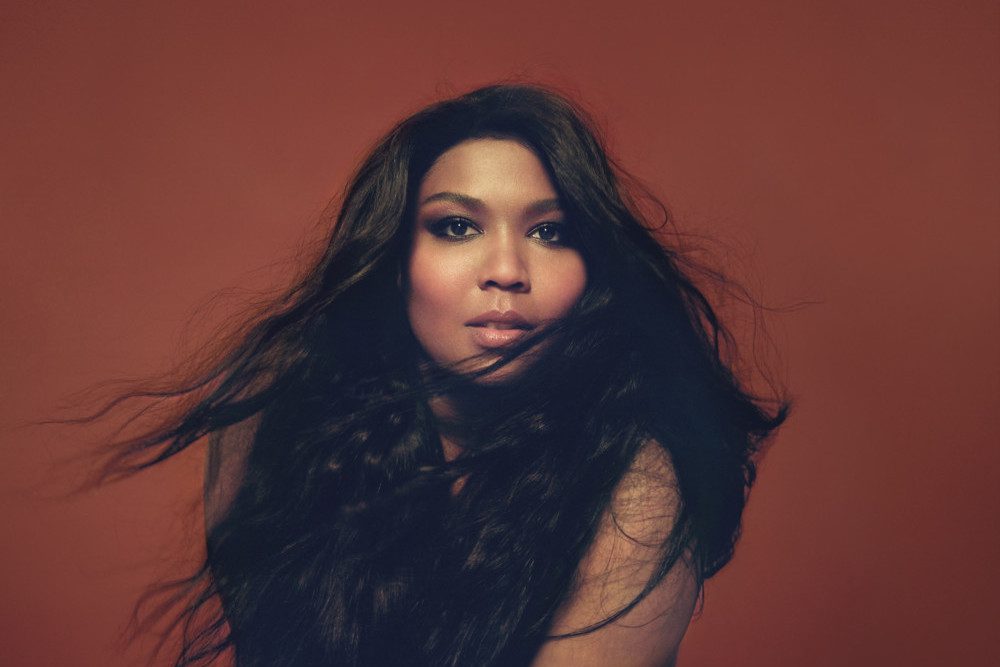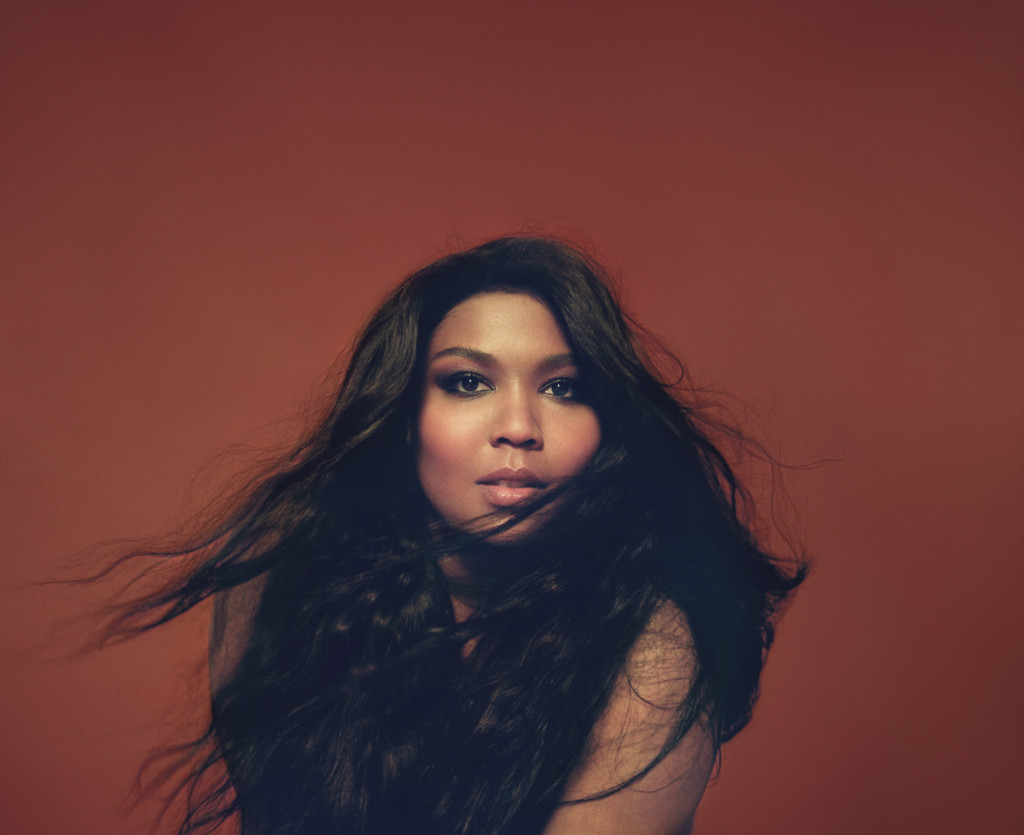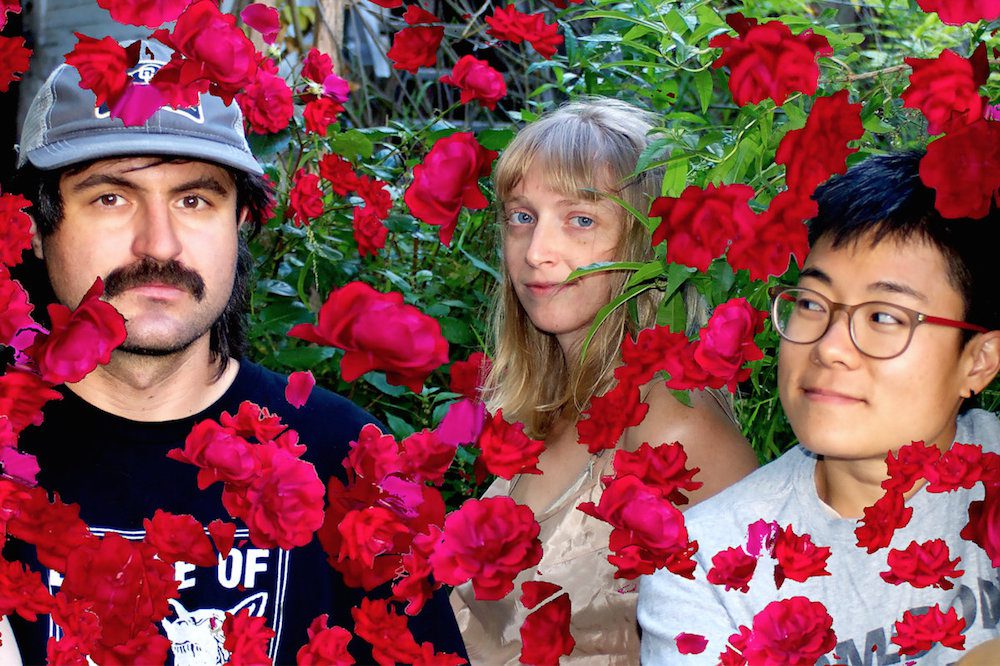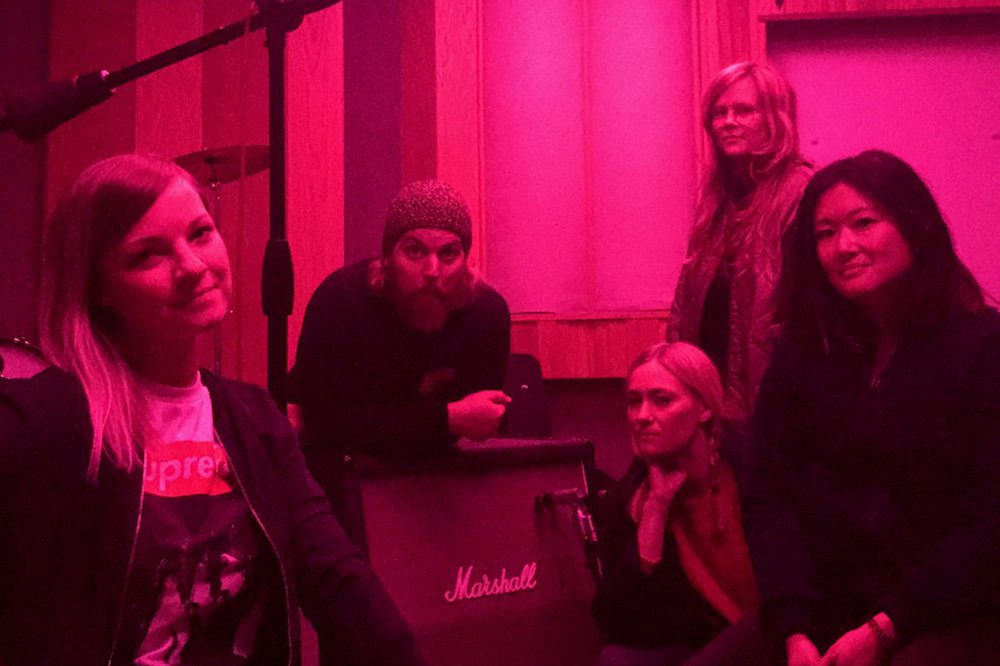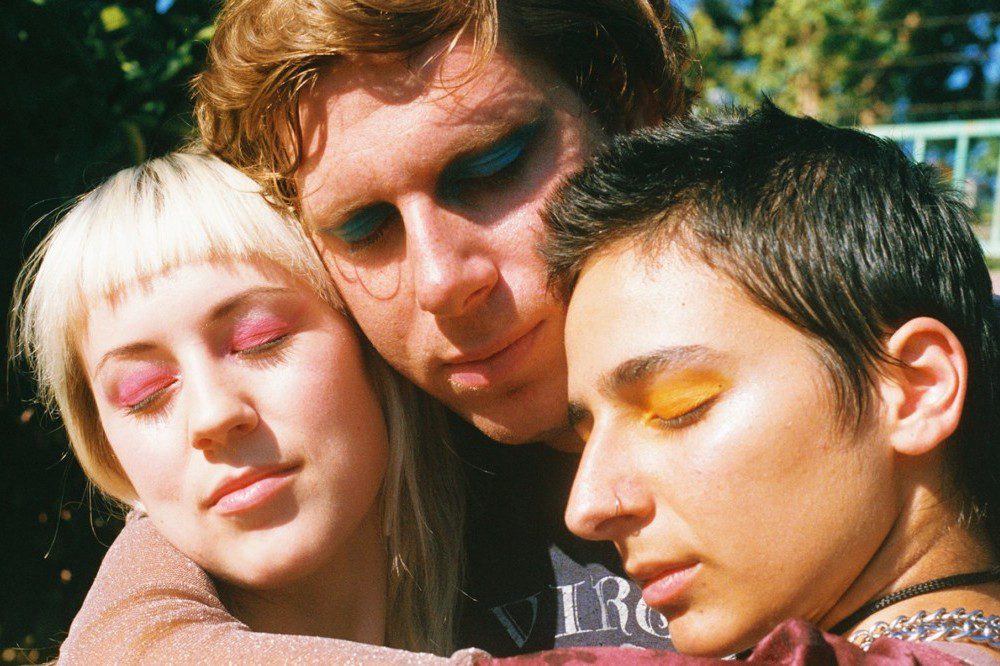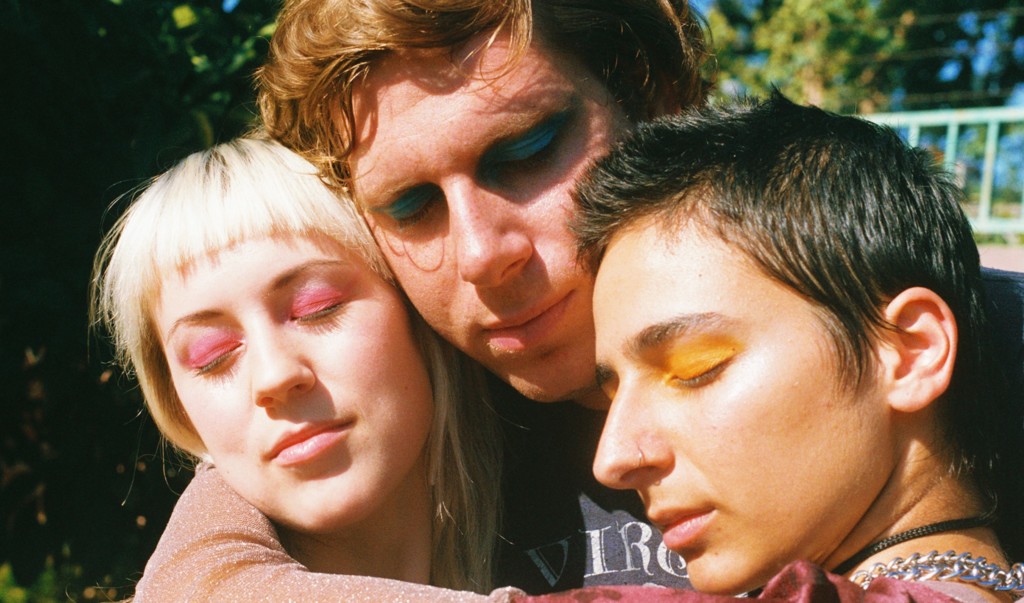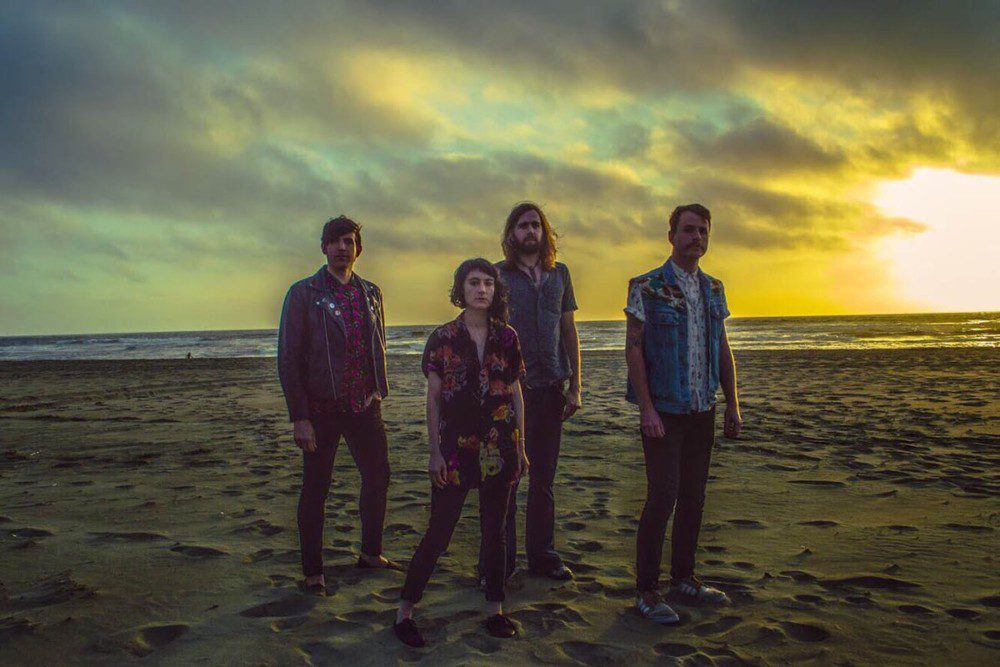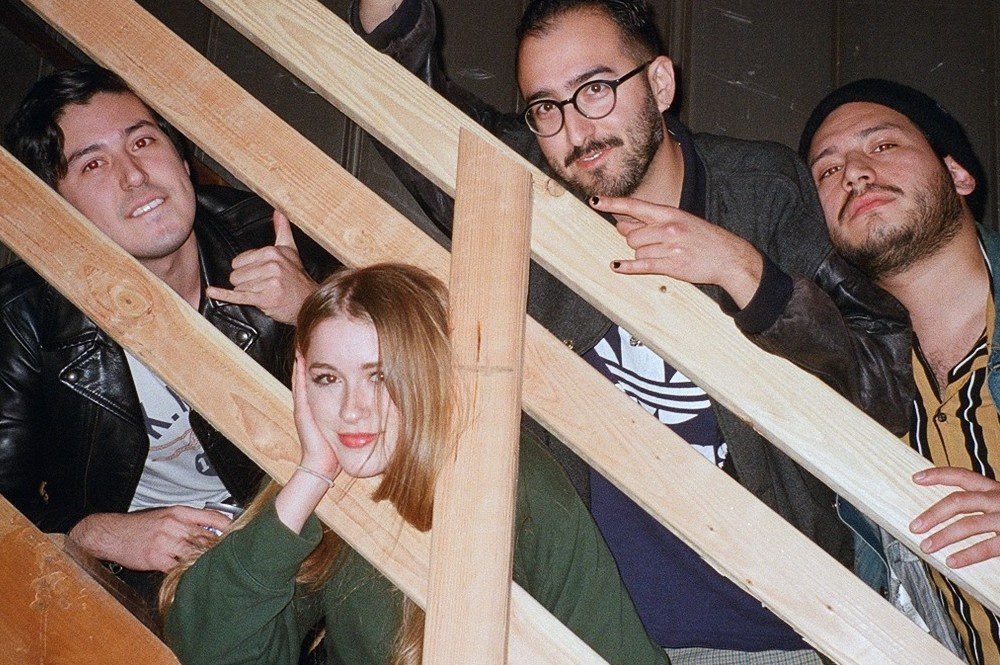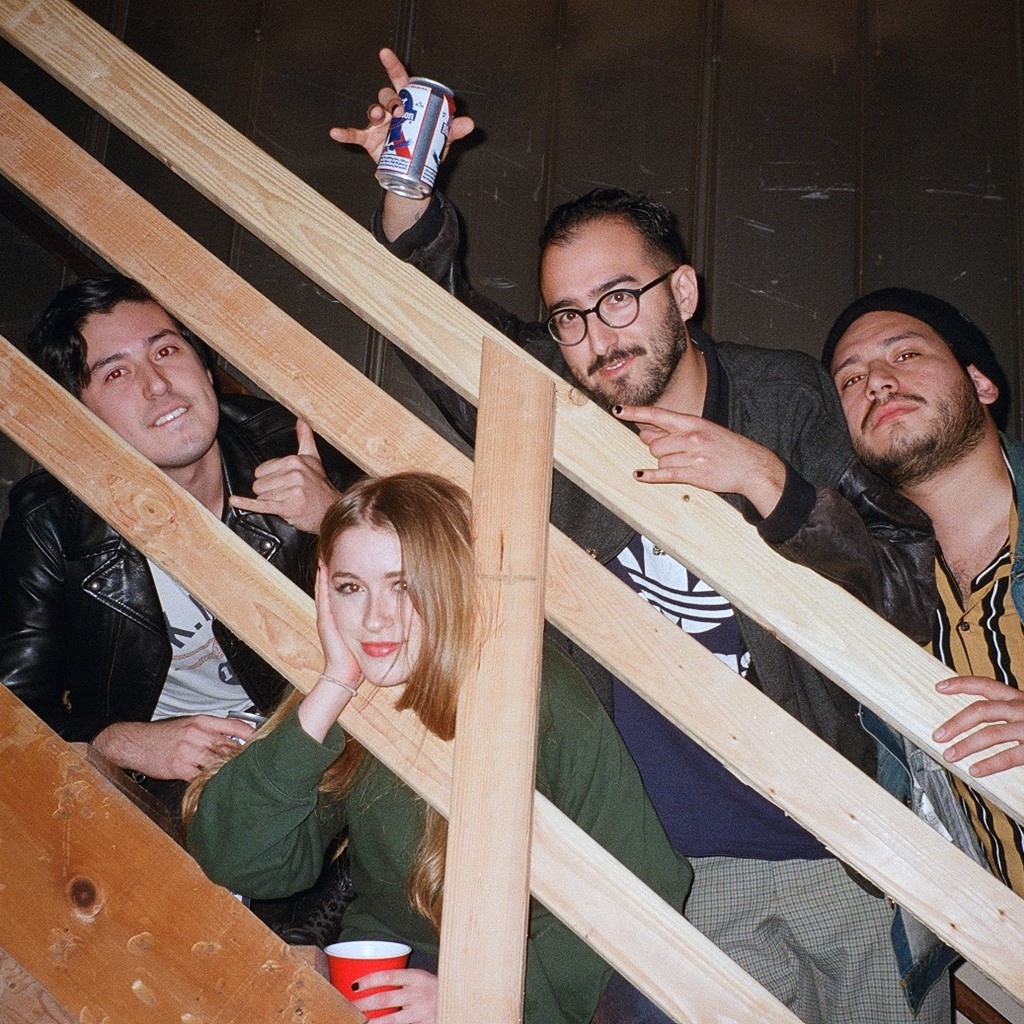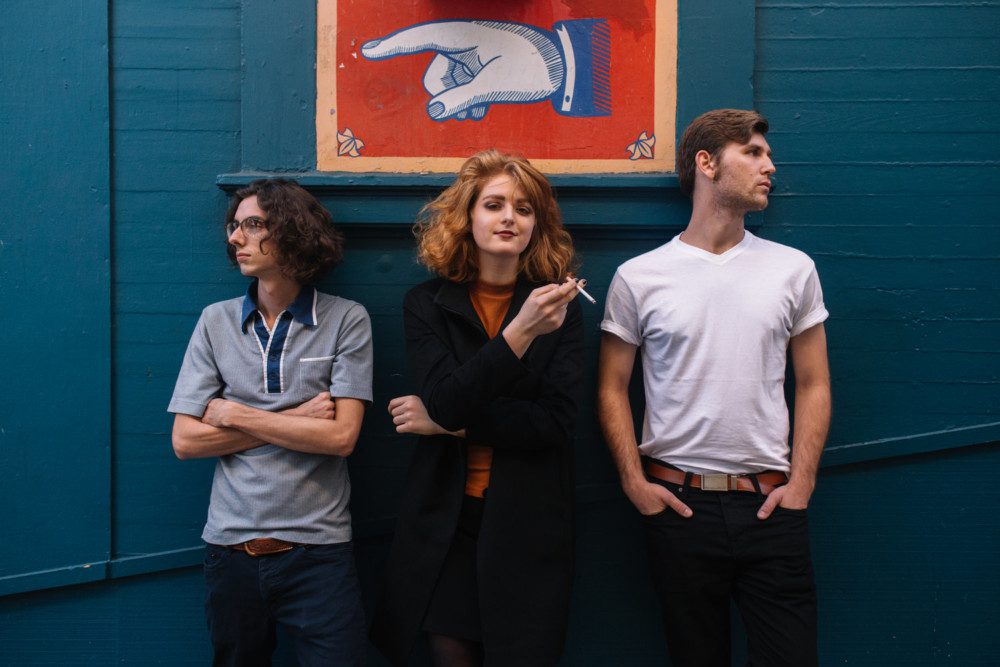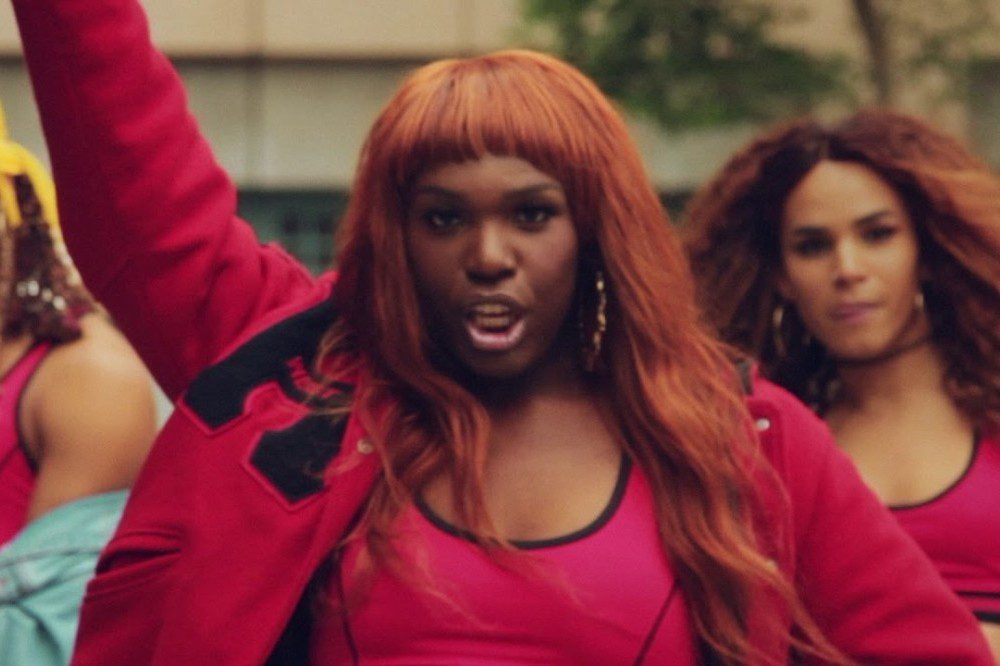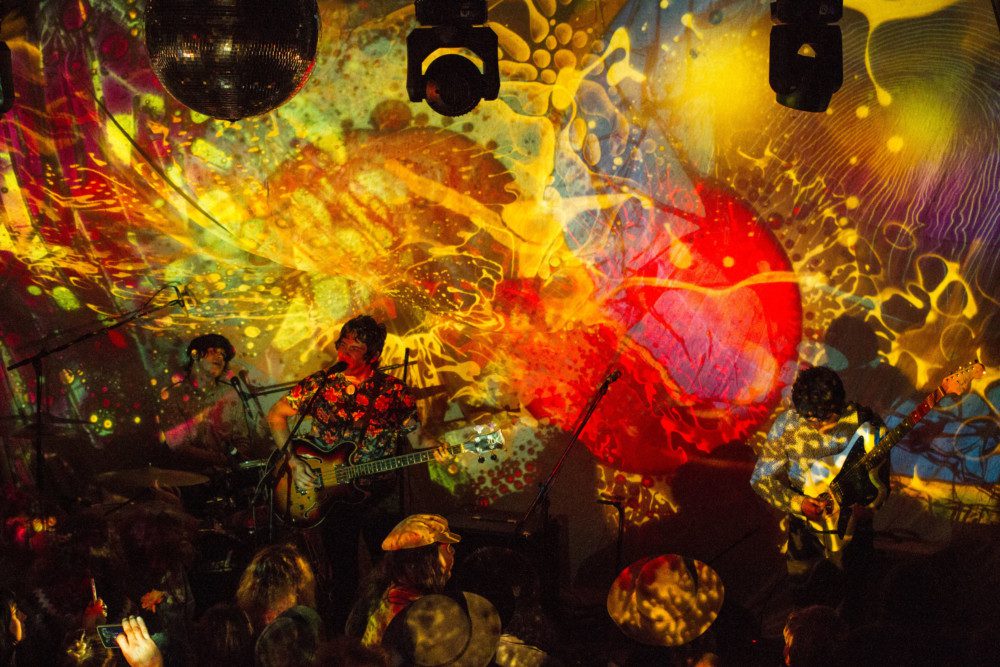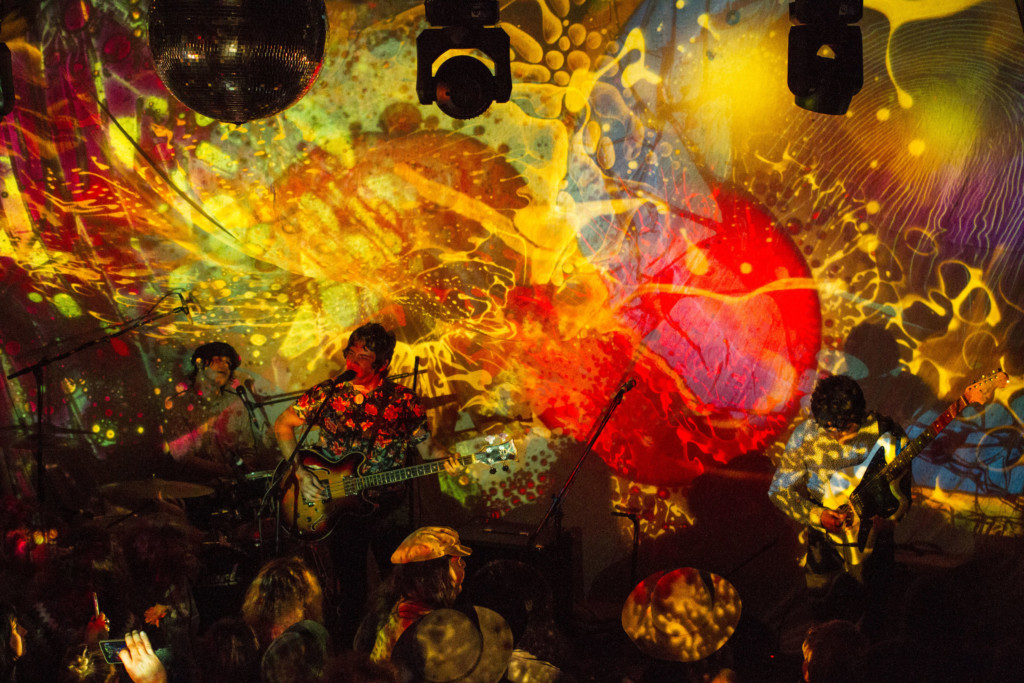Maggie Gently Delivers Very Gay Pop Punk Anthem “Hold My Hand”
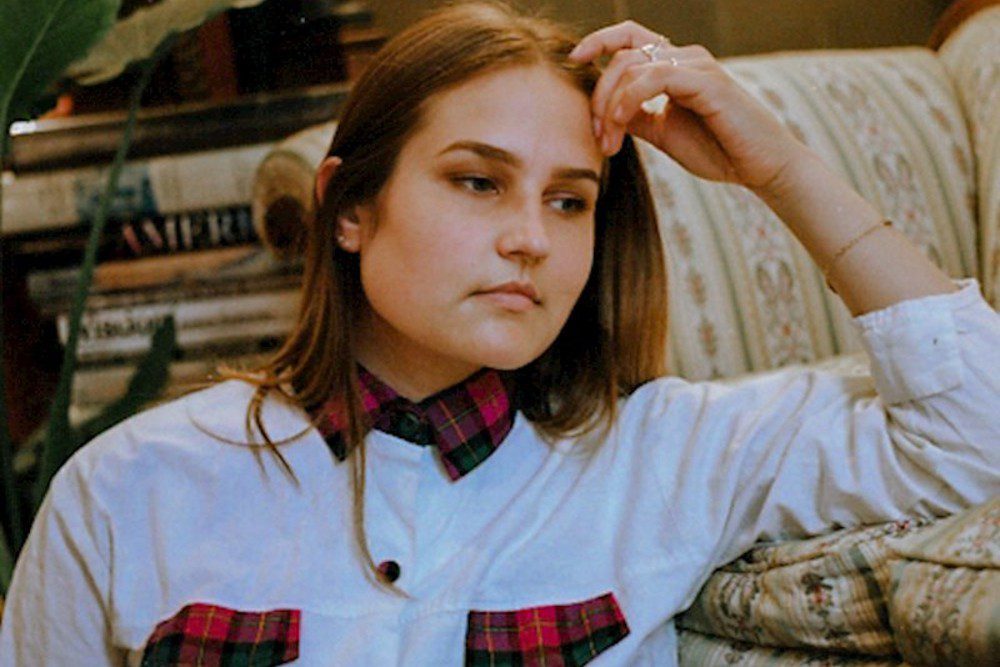

With her 2020 EP Good Cry, Bay Area singer-songwriter Maggie Gently addressed and packed away some personal trauma. Healing is a never-ending process, but as evidenced with her brand new single “Hold My Hand,” from her forthcoming Refresh Records debut Peppermint, it was time to move forward.
“Even though there’s some dancey, pop-punk, happy songs on Good Cry, I think that the quality of them all is very sad. It’s dealing with a lot of pain in a bunch of different ways,” she tells Audiofemme over a recent phone call. “I was ready to expand from that moment and show a new part of myself. All this healing is there, and it’s still a part of me and it’s not going anywhere 一 but there’s also love.”
Flushed cheeks and heart-pounding adrenaline trembles throughout “Hold My Hand,” a scratchy indie track which she describes as “my queer crush version” of a pop-punk song. “It’s playful, but it’s serious,” she says, quickly noting she found inspiration from “a lot of lesbian romance novels. Drawing from the truth of all that stuff made this song feel really natural.”
“I’ll try to play it cool or tell the truth, if you want to/I’m not afraid to tell you everything I’m feeling now,” she confides in the song’s catchy chorus, every ounce of fear and doubt melting away like the determined protagonist of an early-aughts party movie “where it’s just this cinematic moment of you seeing your crush at the party, and then all of a sudden, you forget how to breathe and your heart rate goes up,” she describes. “I love living out that fantasy of, like, my band playing at prom night in that early 2000s movie.”
As her debut single for Refresh Records, also home to artists like Cuzco, Biitchseat, Hit Like a Girl, and Jimmy Lo Fi, “Hold My Hand” pops a lid on a new era. During the pandemic, Gently, formerly of the Total Bettys, came to befriend Lost + Found booking agent Kevin Briody, and they quickly began dreaming up what a tour would look and feel like upon her return. On September 30, Gently stepped back on the stage in San Francisco and was quickly reminded how much she loved the art of live performance. “It was such a blast to be able to play live again,” she beams.
Later, she was introduced to Refresh Records founder Josh Higgins, and the two clicked right away. “I heard really great things about the label, and the other bands on the label are totally cool,” she says. “There’s lots of great music coming out, even just this fall, so it was really a fun experience to link up with them and kind of dream and scheme what we wanted this release to look like.”
During the songwriting process, Gently returned to the bright, comforting music of her youth, allowing it to submerge her subconscious mind and thus influence the song’s own shiny casing. “It’s funny how it just seeps right in without you having to think about it,” she says. “With some things, obviously, I make a lot of conscious choices in my songwriting, but in this one, I knew how it was supposed to sound.”
The accompanying visual, self-produced with her girlfriend, was conceived entirely in quarantine. “It’s very homemade looking, but hopefully in a charming way,” she says with a laugh. “We did the best we could, and I used a green screen for part of it.” It culls fashion and motifs from ’90s MTV staples, like Wheatus’ “Teenage Dirtbag;” aesthetically, Gently turned to bands like Slacker and Rocker and their “clowning around party kind of vibe,” as well as the fist-pumping volatility of Avril Lavigne and Sum-41. “I made it earlier on in the pandemic, so I didn’t have any anyone else in the video except for me. So I tried to get that ethos in without actually clowning around with my friends.”
Over lofty electric guitar riffs, Maggie Gently lives wild and free, allowing every awkward glance or unsure touch to invigorate her. “I’m asking you to dance or hold my hand, if you want to,” she sings, a declaration of unapologetic queer love.
“In this moment, I’m looking for queer love and queer romance everywhere. I love seeing the proof of it right now,” she says, before shouting out her current obsession with “Silk Chiffon” by MUNA and Phoebe Bridgers. “There’s something so special about witnessing this, and it still feels kind of special and rare. I really love the opportunity to give my own little spin on it and take this genre that I love and turn it into something gay. That feels very healing.”
“Hold My Hand” is as warm as happy tears on a cheek, the mist of emotion that leaps from some deep, dark well inside your being. It’s authentically Maggie Gently, even as she springs into the glistening sunshine to leave her sorrow back in the shadows. In her willingness to break free, her songwriting has considerably blossomed.
“There’s always this question in my mind: Is it okay to write songs that just feel good and are just cathartic?’ I’m not reinventing how to play guitar. I’m not coming up with a melody that no one’s heard before,” she explains. “But if it feels special and authentic and true to me, is that enough? That’s been the back and forth that I have in my mind, especially when I write more similar melodic songs that feel good. But I know I’m not pushing the boundaries of indie rock.”
“I think [I’ve] come to terms with that and have realized, internally, that it’s okay to write music that just feels true,” she continues. “That’s the most important thing to me rather than something that’s really unexpected or really artful. It’s hard to get to that place.”
Follow Maggie Gently on Twitter and Instagram for ongoing updates.

